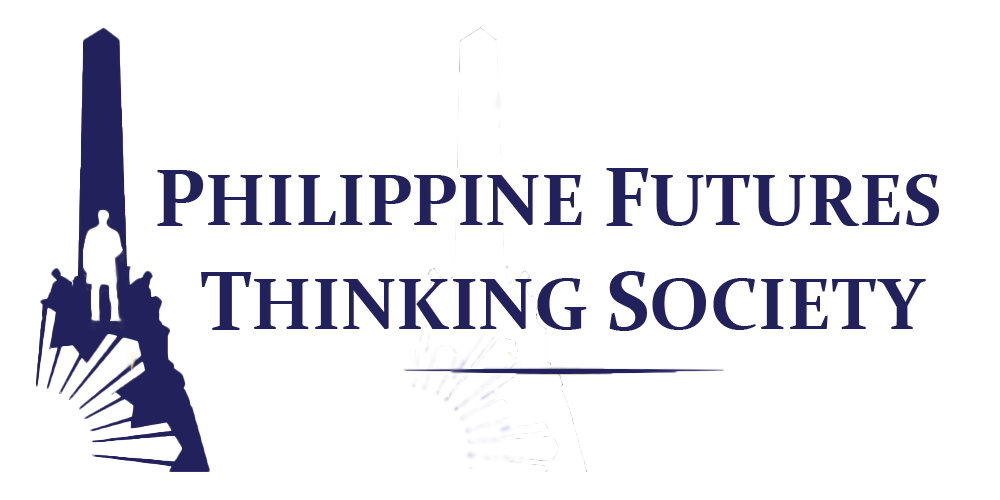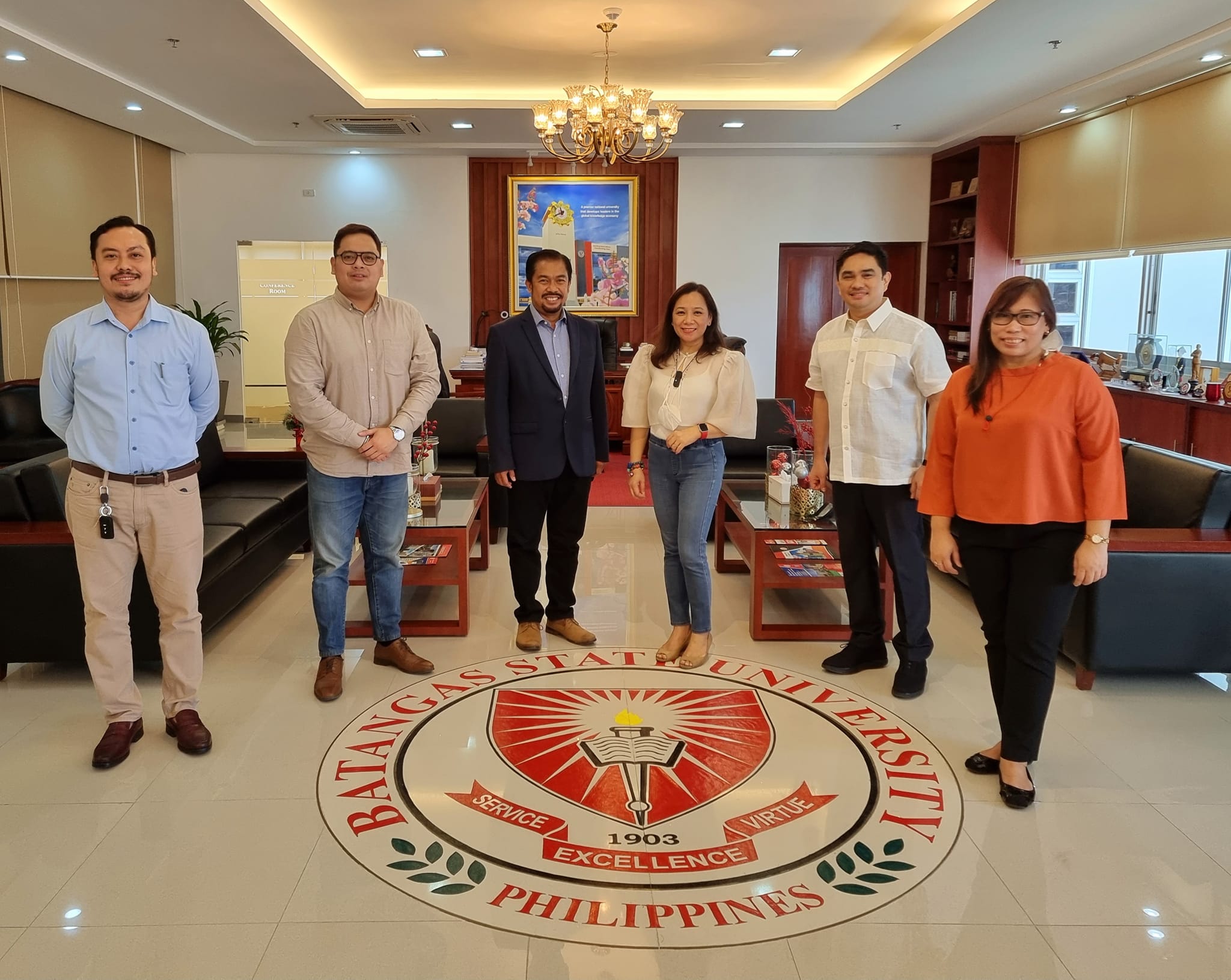- Posted on
- PhilFutures
- No Comments
- University,Updates
By Noel de Guia
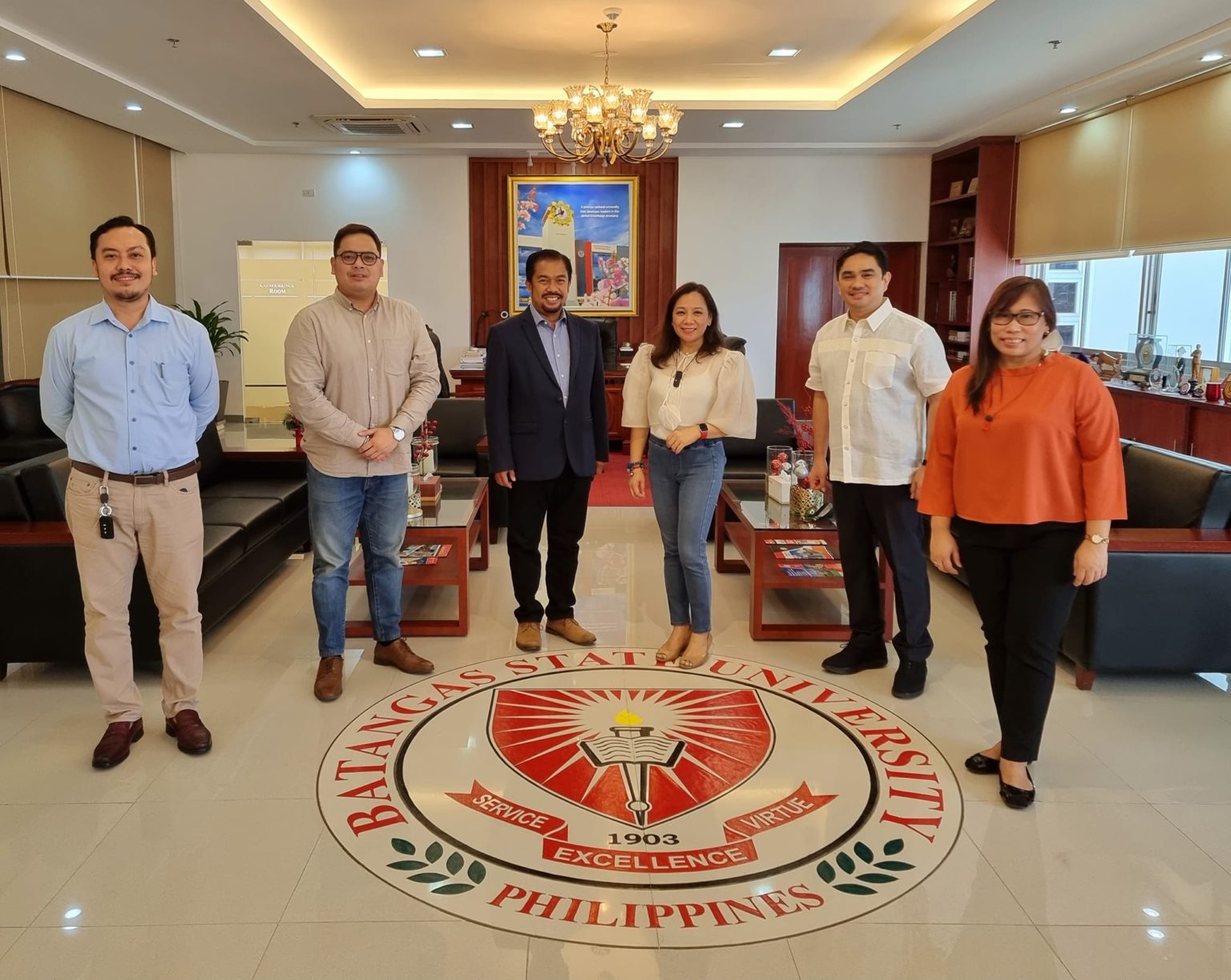
PhilFutures has rightly put its best foot forward despite the health crisis the country underwent in 2020 and 2021. To advance the new knowledge area of Futures Thinking and Strategic Foresight (FT&SF), the organization realized it would best achieve this by building partnerships with knowledge centers, to start with the State Universities and Colleges (SUCs) in the country. SUCs are located in each region and such a location – usually in the urban and central part of the region – makes them ideal hubs for the radial spread of FT&SF to all the provinces and cities within said region.
As a first step, PhilFutures created an internal team to draw up a framework illustrating the theoretical components of the partnership with SUCs, as well as the inter-relationships spelled out in roles and functions. Such a framework facilitated the subsequent dialogues with each SUC and the eventual establishment of consortia in almost all regions in the Philippines – except for two, Region 9 and Caraga, presently being worked out.
The consortia proved to be the nurturing factor that led to further PhilFutures talks – this time called “polylogues” – with SUC representatives assembled altogether in several venues for them to present their own brilliant ideas on Regional Futures plans and their roles in these plans. The polylogues significantly hatched out plans to: 1) establish a tentatively-called University Futures Unit in each SUC; 2) orient and capacitate SUC executives, board members, and other stakeholders through a set of training-education type of Futures Masterclasses which they have to undergo; and 3) institute a collaborative scheme among PhilFutures, the Philippine Association of State Universities and Colleges (PASUC), and the SUCs themselves to draft a roadmap of their respective journey into the Futures.
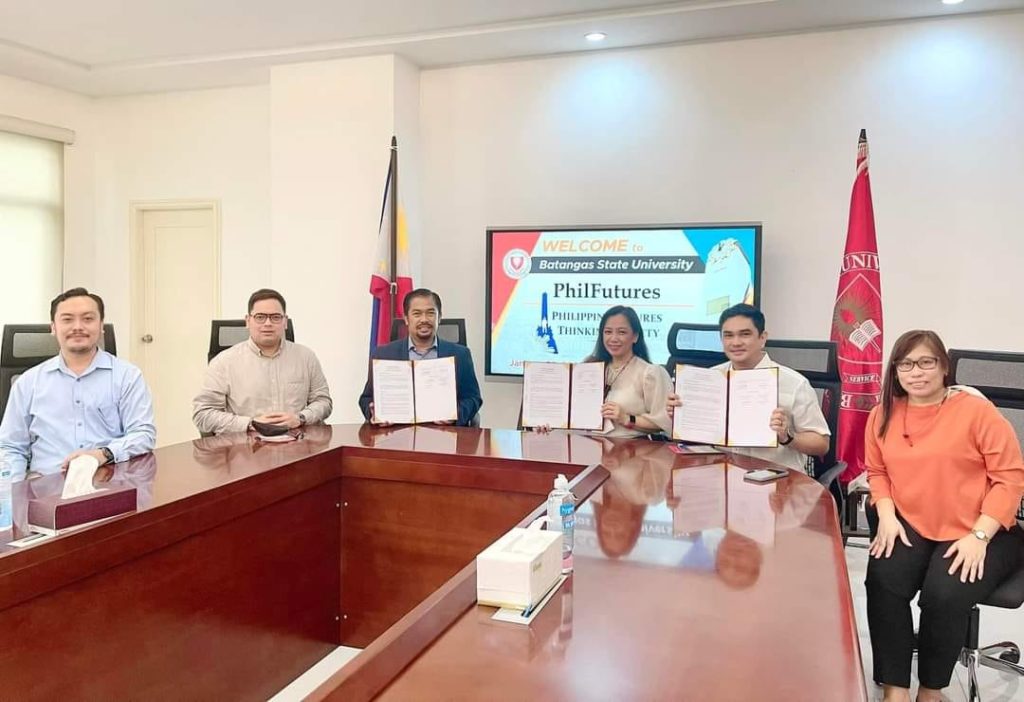
Meanwhile, PhilFutures initiated its own dialogue with the Commission on Higher Education (CHED) with the endview of capacitating CHED executives and directors on FT&SF. Such output has been guaranteed by a government-granted budget of Php20 million.
Some of the SUCs, in harmony with their academic niche, have already woven out plans that likewise indicate the direction of their interest. For example, Batangas State University would start with a capacity development plan in the area of SUCs engineering programs and the Futures of engineering in the Philippines; University of the Philippines at Los Baños, Central Luzon State University, Visayas State University and University of Southern Mindanao would do the same in the area of the Futures of Food Systems and Food Security; Polytechnic University of the Philippines and Mindanao State University-Iligan Institute of Technology, both for the area of the Futures of Artificial Intelligence (AI) granted with a 2021 budget of Php5 million and for their additional Futures Research, another Php5 million budget in 2022; and finally, the University of the Philippines-National College of Public Administration and Governance (NCPAG) for the area of the Futures of Public Governance which had been provided a 2022 budget of Php 10 million. The above constitute the burgeoning Futures and Foresight Research Agenda for Higher Education which also paves the way for furthering the relevant Philippine Sustainable Development Goals and beyond-research culture.
The outcome of all the efforts of PhilFutures and the different SUCs partners, along with other stakeholders such as PASUC, among others, will be inputted in a Philippine Strategic Foresight Report 2050 to be presented to Senator Pia Cayetano. The senator had been an enthusiastic supporter of Futures endeavours and other activities. Currently, she chairs the SDGIFT.
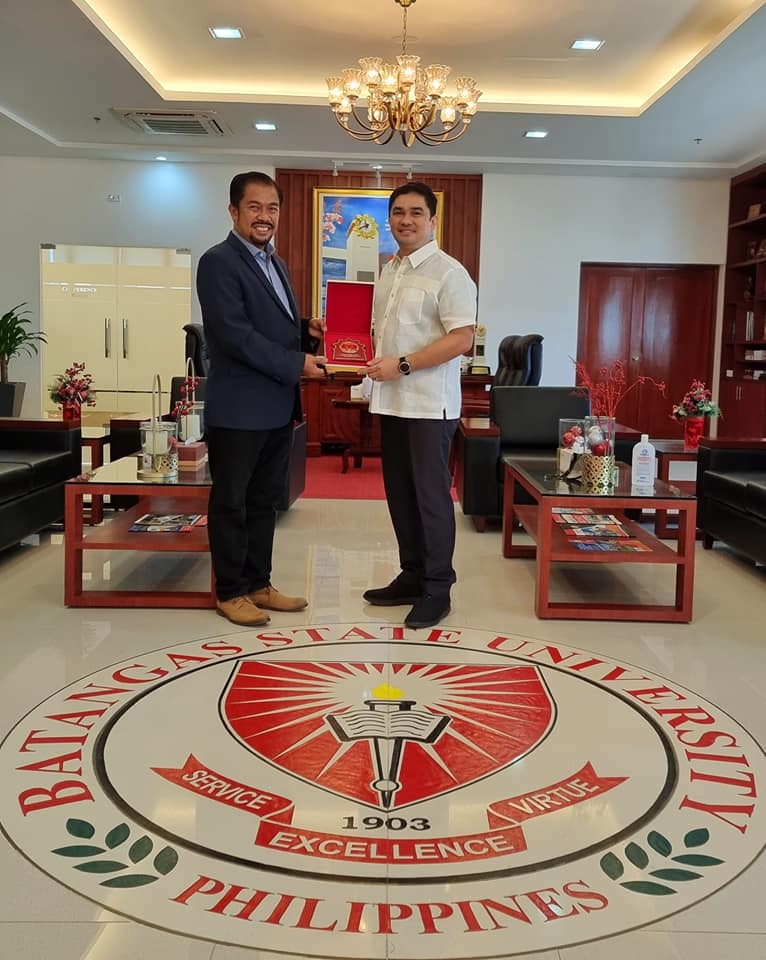
PhilFutures Board Member Noel De Guia and PASUC President Dr. Tirso Ronquillo.
